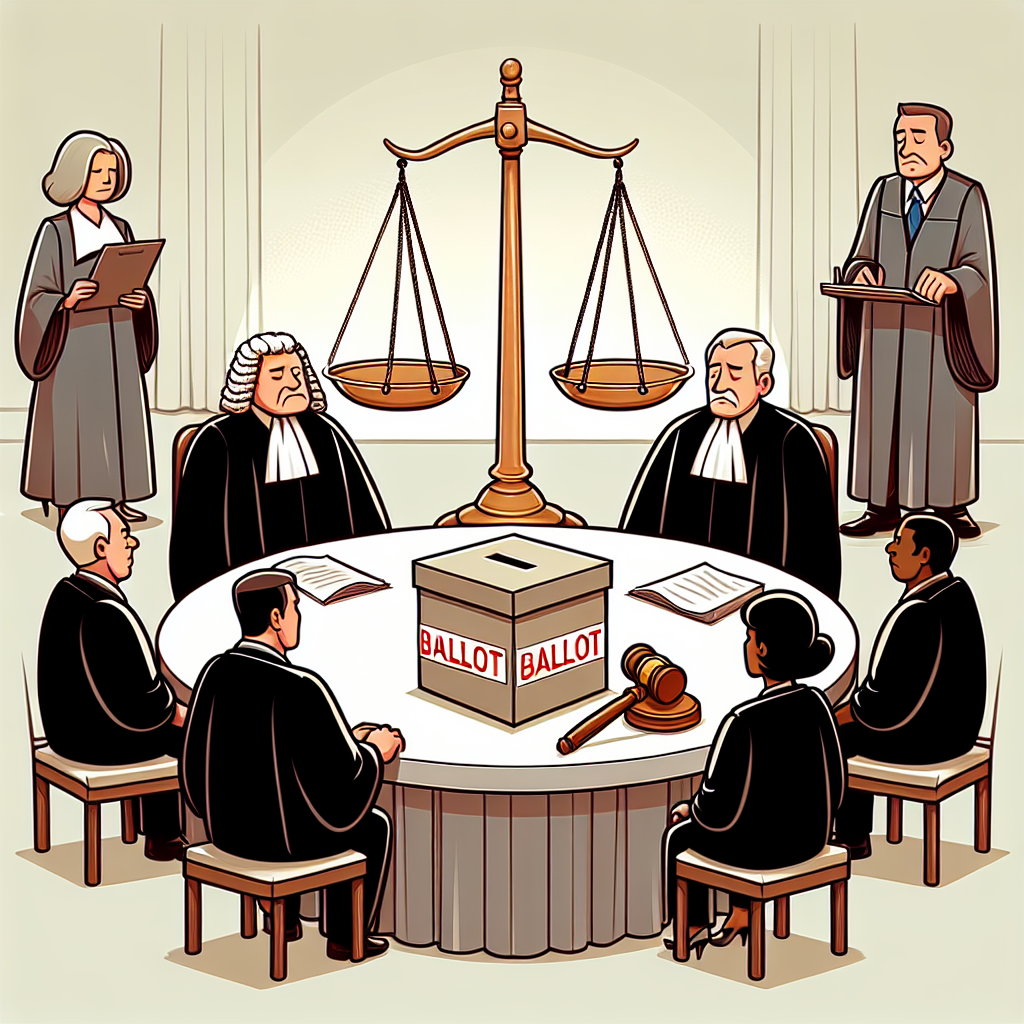Germany's Political Shake-Up: Snap Elections, Shifting Alliances, and Key Policy Debates
Germany is gearing up for snap elections on February 23 following the collapse of Chancellor Olaf Scholz's three-way coalition. Major contenders include Scholz's SPD, the CDU/CSU, Greens, AfD, and others. Key campaign issues include economic revival, migration, energy policy, and relations with the Trump administration.

Germany will go to the polls on February 23 after the coalition led by Chancellor Olaf Scholz fell apart. The main parties in the fray are Scholz's Social Democrats (SPD) and the conservative CDU/CSU alliance, along with rising players such as the Greens and far-right Alternative for Germany (AfD).
With the political landscape shifting, economic policy, migration, energy, and international relations, particularly with the U.S. under Donald Trump, are at the forefront of debates. The SPD seeks to boost investment while conservatives focus on financial relief, and both aim to mitigate high energy costs with different strategies.
Migration remains contentious, with parties holding divergent views on asylum and family reunification. Germany's approach towards the U.S. and Trump's policies could redefine transatlantic relations. The AfD is notably aligned with Trump's perspectives, drawing endorsements from high-profile figures.
(With inputs from agencies.)
- READ MORE ON:
- Germany
- elections
- coalition
- Scholz
- conservatives
- AfD
- Greens
- policy
- Trump
- immigration
ALSO READ
Austria's Political Shift: Conservatives Anticipate Far-Right Leadership
Austria's Political Crossroads: Conservatives Seek New Leadership Amid Coalition Collapse
Scholz Stays Cool Amid Musk's Controversial AfD Endorsement
AfDB Leaders Shine in New African Magazine's 2024 "100 Most Influential Africans" List
Elon Musk's Political Dance: Embracing Germany's Far-Right AfD?










